9 Potential Health And Nutrition Benefits Of Eating Yams
From digestive health to immunity, the nutrients in this veggie can take care of all.

Image: Shutterstock
Yam has been a part of alternative medicine for ages. There are several benefits of yam. It has anti-inflammatory properties, and wild yam extract is also used in skin care products (1).
A survey conducted on 4503 Americans found that 60% liked the vegetable. Out of the total participants, 62% of women and 59% of men respectively liked yams. Furthermore, the popularity of yam is 62%, 61%, and 57% among baby boomers, millennials, and Gen X, respectively.
Yams have 158 calories per cup (136 grams). Moreover, it has around 5 g of dietary fiber, 17 mg of vitamin C, and 19 mg of calcium (2). As a result, yam can promote fertility, relieve symptoms associated with menopause, and help manage weight and diabetes.
According to research, yams may lower obesity rates and boost immunity (3). This article discusses the benefits of yams, their nutritional profile, and their risks. Scroll down.
 Know Your Ingredient: Yam
Know Your Ingredient: YamWhat Is It?
A herbaceous plant species that produces edible tubers.
What Are Its Benefits?
It aids in skin health improvement. Being rich in fiber, it helps in weight loss and blood glucose control. It is also used to fight infertility and inflammation, and relieve menopause symptoms.
Who Can Consume It?
Anyone can consume this ingredient safely.
How Often?
Can be consumed in moderation, as part of a healthy diet.
Caution
Wild yams may contain toxins and should not be consumed.
In This Article
Types Of Yams
Yams are a popular starchy root vegetable that comes in various types. The two most common varieties are the African yam (Dioscorea cayenensis) and the Asian yam (Dioscorea alata).
African yams are known for their large size, rough, bark-like skin, and white, starchy flesh. They are a staple in many African cuisines and are often consumed fried or pounded to prepare fufu.
Conversely, Asian yams have smoother, thinner skin and come in a variety of colors, including purple, orange, and white. They tend to be sweeter and are used in both sweet and savory dishes, such as casseroles and desserts.
Additionally, there are lesser-known yam varieties like the Chinese yam and wild yam. All these varieties are packed with many beneficial nutrients that give them a host of health benefits. Keep reading to discover them.
Key Takeaways
- Yam may help promote hair growth and aid in weight loss.
- It also helps fight inflammation and manages blood sugar levels.
- Yam is rich in potassium, which helps improve brain function.
- Consuming yams may cause alkaloid intoxication due to the presence of water-soluble alkaloids.
What Are The Health Benefits Of Eating Yams?
Are yams good for you? Yes, they are among the most flavorsome vegetables you can eat. As root vegetables that have been around for ages, yams also have a long history of use in alternative medicine. The roots and rhizomes of yam particularly contribute to its benefits.
1. May Promote Skin Health
Yams are rich in diosgenin, a plant steroid that fights against skin aging in women at the time of menopause. An in vivo animal studies on mice has found that the administration of diosgenin improves the epidermal thickness in ovariectomized mice without altering the degree of fat accumulation (4).
However, more research is required to understand the skin benefits of yams on humans.
2. May Aid Weight Loss

Glucomannan, a fiber extracted from the roots of yam, may help with weight loss. At doses of 2-4 g per day, this fiber turns into a gel that ling1ers in the stomach, making you feel full (5). Thus, it can keep your cravings at bay and eventually lead to weight loss.
Oliver, a blogger, wrote about how he has incorporated yam into his daily diet. He wrote, “For carbs; only whole grain pasta, whole grain rice, and baked yam (i).” This has helped in his journey to lose weight.
 Fun Fact
Fun Fact3.May Promote Fertility
A research study shows that yams have the potential to promote fertility
(6).
Lately, natural hormones are becoming popular options for hormone replacement therapy. Creams containing wild yam extracts are emerging as the ideal choice for some women. “Natural” progesterone is commonly derived from an inedible, wild, Mexico-produced yam called Dioscorea uillosa.
4. May Relieve Menopause Symptoms

Diosgenin, a substance in wild yam, is used to treat sex hormone issues. It is also used to produce contraceptives and relieve the symptoms of menopause and premenstrual syndrome. A study conducted at the Baker Medical Research Institute (Australia) has found that this substance could relieve menopausal symptoms without any side effects (7).
Traditional medication acknowledges that yams contain important compounds that are significantly advantageous for issues like menopause and premenstrual syndrome. Additionally, a study conducted at the National Taiwan Normal University showed that the ingestion of yam can boost the status of sex hormones, lipids, and other antioxidants in postmenopausal women (8).
5. May Aid Diabetes Treatment

Diabetes is caused by a decrease or deficiency in insulin secretion (or from increased cellular resistance to insulin). A study conducted on rats found that yam can contribute to the improvement of glucose metabolism (9). However, more research is required to verify this benefit in humans.
Additionally, the sugar in yams adds a natural sweetness to your meals and reduces your craving for sugar.
Yam and its active constituent, allantoin, can modulate oxidative stress. They also boost liver function, thereby maintaining insulin and glucose levels (10). Further, with the increased fiber content, yam helps in the elimination of cholesterol from the body, thus helping maintain heart health by preventing atherosclerosis.
6. May Fight Inflammation

The outer bark of the wild yam root is rich in a compound called saponin. Saponins may help fight inflammation. Thus, yams may combat inflammation and help relax (and even treat) your abdominal and pelvic muscles. The antioxidant property of saponins may also help reduce inflammation related to various diseases (11).
7. May Help Prevent Cancer
A study conducted on rats noted the ability of the diosgenin in yams to prevent carcinogenesisi It refers to the procedure by which healthy cells in the body turn into malignant or cancerous cells. by acting as an antioxidant and anti-inflammatory agent. The study concludes by stating that yam can be useful in cancer prevention (12).
The same study also found that a yam-enriched diet can significantly reduce colon tumor growth. However, more research is required in this area to understand this effect of yams on humans (12).
8. May Enhance Brain Function
Yams are rich in potassium. Potassium promotes the brain’s nerve activity and cognitive functioning (13). Yams are also abundant in diosgenin, a unique compound that is known for brain health and improving neuron growth. Additionally, it has been found to contribute to enhanced memory and learning skills in mice (14). However, more research is required in this area to understand this effect on humans.
9. May Improve Digestive Health

Yams are packed with resistant starches, soluble glycoprotein, and dietary fiber that aids in improved digestion. Studies have also shown that yams may stimulate the proliferation of gastric epithelial cells and enhance digestive enzyme activities in the small intestine (15).
 Trivia
TriviaThese are the major benefits of yams. You saw a few of the essential nutrients in the vegetable that contribute to its benefits. Well, there are more you must know.
What Is The Nutritional Profile Of Yams?
Yams are packed with fiber, minerals, and vitamins. They are rich in copper, manganese, and potassium.
| Vitamins | ||
|---|---|---|
| Amounts Per Selected Serving | %DV | |
| Vitamin A | 207IU | 4% |
| Vitamin C | 25.6mg | 43% |
| Vitamin D | – | – |
| Vitamin E (Alpha Tocopherol) | 0.5mg | 3% |
| Vitamin K | 3.4mcg | 4% |
| Thiamin | 0.2mg | 11% |
| Riboflavin | 0.0mg | 3% |
| Niacin | 0.8mg | 4% |
| Vitamin B6 | 0.4mg | 22% |
| Folate | 34.5mcg | 9% |
| Vitamin B12 | 0.0mcg | 0% |
| Pantothenic Acid | 0.5mg | 5% |
| Choline | 24.8mg | |
| Betaine | – | |
| Minerals | ||
| Amounts Per Selected Serving | %DV | |
| Calcium | 25.5mg | 3% |
| Iron | 0.8mg | 4% |
| Magnesium | 31.5mg | 8% |
| Phosphorus | 82.5mg | 8% |
| Potassium | 1224mg | 35% |
| Sodium | 13.5mg | 1% |
| Zinc | 0.4mg | 2% |
| Copper | 0.3mg | 13% |
| Manganese | 0.6mg | 30% |
| Selenium | 1.1mcg | 2% |
| Fluoride | – | |
| Carbohydrates | ||
| Amounts Per Selected Serving | %DV | |
| Total Carbohydrate | 41.8g | 14% |
| Dietary Fiber | 6.1g | 25% |
| Starch | – | |
| Sugars | 0.7g | |
| Protein & Amino Acids | ||
| Amounts Per Selected Serving | %DV | |
| Protein | 2.3g | 5% |
| Calorie Information | ||
| Amounts Per Selected Serving | %DV | |
| Calories | 177(741 kJ) | 9% |
| From Carbohydrate | 169(708 kJ) | |
| From Fat | 2.1(8.8 kJ) | |
| From Protein | 6.4(26.8 kJ) | |
| From Alcohol | 0.0(0.0 kJ) | |
This is an impressive nutritional profile, isn’t it? Tempted to incorporate the delicious yam into your diet? Check out some delectable recipes below.
Yam Recipes
1. Roasted Yam Fries
Ingredients
- 2 large yams, peeled and cut into fries
- 2 tablespoons olive oil
- 1 teaspoon salt
- 1/2 teaspoon black pepper
Instructions
- Preheat oven to 425°F (220°C).
- Toss yam fries with olive oil, salt, and pepper.
- Spread on a baking sheet lined with parchment paper.
- Roast for 20-25 minutes, or until crispy.
- Serve hot with your favorite dipping sauce.
2. Yam And Sweet Potato Mash
Ingredients
- 1 large yam, peeled and cubed
- 1 large sweet potato, peeled and cubed
- 2 tablespoons butter
- 1/4 cup milk
- 1/4 teaspoon salt
- 1/8 teaspoon nutmeg (optional)
Instructions
- Boil yam and sweet potato cubes in salted water until tender. Drain well.
- Mash the vegetables with butter, milk, salt, and nutmeg (if using).
- Adjust the consistency with additional milk or butter as needed. Serve.
With such delicious recipes on hand, it is easy to overindulge. However, you must also be mindful of potential side effects, especially when consumed in excess.
What Are The Side Effects Of Eating Too Many Yams?
Yams are a great source of nutrition. However, wild forms of yams contain some toxins that taste bitter and are, hence, referred to as bitter yams. These should not be consumed.
Bitter yams contain compounds that act as water-soluble alkaloids, which can cause serious symptoms upon ingestion. Severe cases of alkaloid intoxication may even prove fatal (16).
 Quick Tip
Quick TipInfographic: The Healing Power Of Yam: An Overview Of Its Health Benefits
Yams are root vegetables with a long history in alternative medicine. They are packed with many essential vitamins and minerals that help treat various ailments. While there are many benefits of yams, we have covered the most significant ones in the infographic below. Check it out!

Illustration: StyleCraze Design Team
Yams are nutritious root vegetables that have been part of folk medicine for ages. They are packed with essential nutrients such as dietary fiber, vitamins, minerals, and potent antioxidants. The benefits of yams include better digestive and cognitive health. They also have been shown to promote diabetes and weight management. weight loss and diabetes management. Yams may boost fertility and alleviate premenstrual syndrome and menopause symptoms too. However, excess consumption may cause a few side effects due to potential alkaloid intoxication. If you experience any adverse effects, limit your consumption and seek medical advice.
Frequently Asked Questions
Can yam cause high blood pressure?
No, yams are not known to cause high blood pressure. Vivian Yu, a registered dietitian nutritionist, says, “Yams are not linked to high blood pressure. They are part of a healthy diet that helps to manage or prevent high blood pressure because of the profile of nutrients. Yams are also rich in magnesium, potassium, and fiber. These are linked to cardiovascular health benefits and regulate blood pressure.”
Can yams make you sick?
Vivian Yu says, “While yams are safe and nutritious to eat, however, yams can also make people sick in these scenarios.” Yams can cause allergic reactions in some people and also contain high levels of oxalate, which can be a concern for people with kidney stones. She says, “Yams have a high level of oxalate content, which can be a huge concern for people suffering from kidney issues. Oxatales can also lead to the development of kidney stones in individuals. Those people who have a history of oxalate kidney stones should reduce their intake of high-oxalate foods.”
Can you eat raw yams? How can you cook yams?
Raw yams are not edible and cannot be digested. These must be sprouted or cooked to be edible.
You can cook yams by boiling, roasting, and frying. You can also use them in preparing desserts.
What is the difference between yams and sweet potatoes?
Yams are starchy, edible tubers that taste drier than sweet potatoes. These tubers are rough and scaly to the touch, making them quite different in appearance and texture when comparing sweet potato vs. yam. On the other hand, sweet potatoes have tender skin and are sweet-tasting with a moist texture.
How long do yams last?
When properly stored, raw yams will last for about 5 to 7 days at normal room temperature. To maximize their shelf life, store them in cool temperatures in a dark area. Under such conducive storage conditions, yams will last about a month.
Are yams fattening?
Yams are excellent sources of vitamin B6, iron, potassium, vitamin C, and fiber. With just 157 calories in a cup, yams can be an excellent option if you’re trying to lose weight.
The natural fiber in yams helps slow down the rate at which your body processes sugar, keeping you from feeling hungry between meals.
So, yams are not fattening if consumed in the ideal dosage.
How to store yams?
Among the widely available roots and tubers, yams are considered the least perishable. They are generally stored fresh. Successful storage of yams requires proper curing, ideally combined with some fungicide treatment. Exposure to enough sunlight to rid the moisture that is generated by the respiration of the tubers. Regular scrutiny during storage and elimination of rotten tubers. Protection from direct sunlight and rain. Apart from all these, the predominant factor that determines the shelf life of the tuber is the length of its natural dormancy period (17).
Can you freeze yams?
Storing yams at a lower temperature decreases their respiration rate. Temperatures below 12°C can cause damage by chilling. This leads to a breakdown of internal tissues, resulting in increased water loss and making them more susceptible to decay.
Can I eat yams every day?
You can eat yams every day if you like. They are good sources of vitamin C – meeting 27% of the daily recommended value of the nutrient. Yams help fight infections, such as cold and flu and accelerate wound healing. They also boost the immune system and help delay premature aging.
How do you tell the difference between a sweet potato and a yam?
The skin of yam looks like tree bark, while the sweet potato is more reddish-brown.
Are yams sweeter than sweet potatoes?
No, sweet potatoes are sweeter than yams.
Does purple yam make you fat?
Yes, the complex carbohydrates in purple yam can make you gain weight.
Illustration: Potential Health And Nutrition Benefits Of Eating Yams
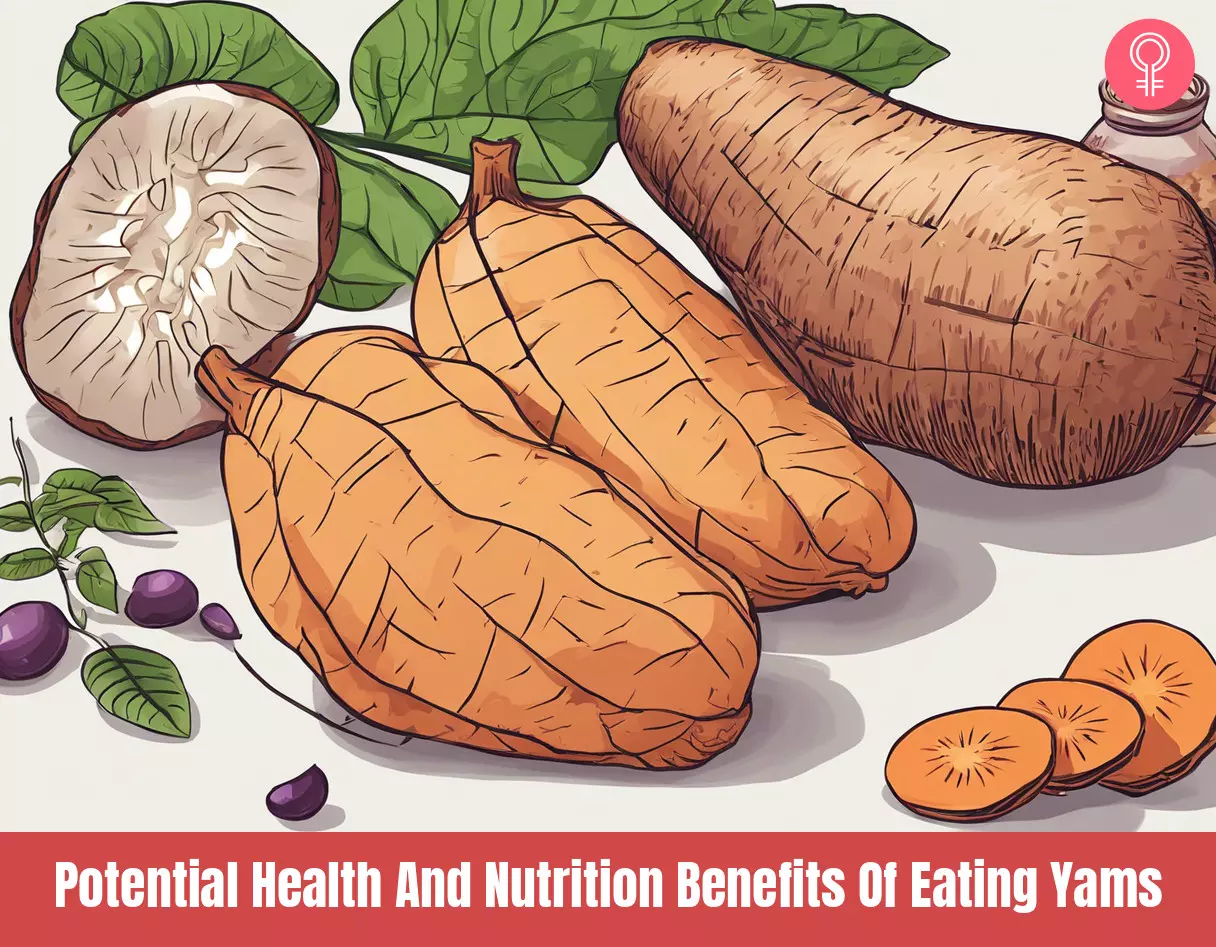
Image: Stable Diffusion/StyleCraze Design Team
Get ready to uncover the numerous health benefits and fascinating nutrient facts of yams. Delve into the world of yams with this informative video!
Personal Experience: Source
StyleCraze's articles are interwoven with authentic personal narratives that provide depth and resonance to our content. Below are the sources of the personal accounts referenced in this article.
i. “Junk Food Journals:” Entry 12https://anorexicescapades.wordpress.com/2014/11/19/junk-food-journals-entry-12/
References
Articles on StyleCraze are backed by verified information from peer-reviewed and academic research papers, reputed organizations, research institutions, and medical associations to ensure accuracy and relevance. Read our editorial policy to learn more.
- Skin Ageing: Natural Weapons and Strategies, Evidence-Based Complementary and Alternative Medicine, US National Library of Medicine, National Institutes of Health.
https://www.ncbi.nlm.nih.gov/pmc/articles/PMC3569896/ - Yam, cooked, boiled, drained, or baked, without salt, FoodData Central, U.S. Department of Agriculture.
https://fdc.nal.usda.gov/fdc-app.html#/food-details/170072/nutrients - The Supplementation of Yam Powder Products Can Give the Nutritional Benefits of the Antioxidant Mineral (Cu, Zn, Mn, Fe and Se) Intakes, Preventive Nutrition and Food Science, US National Library of Medicine, National Institutes of Health.
https://www.ncbi.nlm.nih.gov/pmc/articles/PMC3866735/ - Novel effects of diosgenin on skin aging, Steroids, US National Library of Medicine, National Institutes of Health.
https://pubmed.ncbi.nlm.nih.gov/19428439/ - Glucomannan and obesity: a critical review, Alternative Therapies in Health and Medicine, US National Library of Medicine, National Institutes of Health.
https://pubmed.ncbi.nlm.nih.gov/16320857/ - What’s in a yam? Clues to fertility a student discovers, Yale School of Medicine.
https://medicine.yale.edu/news/yale-medicine-magazine/article/whats-in-a-yam-clues-to-fertility-a/ - Effects of wild yam extract on menopausal symptoms, lipids and sex hormones in healthy menopausal women, Climacteric, US National Library of Medicine, National Institutes of Health.
https://pubmed.ncbi.nlm.nih.gov/11428178/ - Estrogenic effect of yam ingestion in healthy postmenopausal women, Journal of the American College of Nutrition, US National Library of Medicine, National Institutes of Health.
https://pubmed.ncbi.nlm.nih.gov/16093400/ - Yam contributes to improvement of glucose metabolism in rats, Plant Foods for Human Nutrition, US National Library of Medicine, National Institutes of Health.
https://pubmed.ncbi.nlm.nih.gov/19629697/ - Antidiabetic effects of yam and its (Dioscorea batatas) and Its Active Constituent, Allantoin, in a Rat Model of Streptozotocin-Induced Diabetes, Nutrients, US National Library of Medicine, National Institutes of Health.
https://www.ncbi.nlm.nih.gov/pmc/articles/PMC4632431/ - Metabolic and functional diversity of saponins, biosynthetic intermediates and semi-synthetic derivatives, Critical Reviews in Biochemistry and Molecular Biology, US National Library of Medicine, National Institutes of Health.
https://www.ncbi.nlm.nih.gov/pmc/articles/PMC4266039/ - Antioxidant and anti-inflammatory effects of yam (Dioscorea batatas Decne.) on Azoxymethane-induced Colonic Aberrant Crypt Foci in F344 Rats, Preventive Nutrition and Food Science, US National Library of Medicine, National Institutes of Health.
https://www.ncbi.nlm.nih.gov/pmc/articles/PMC4103732/ - Potassium signalling in the brain: its role in behaviour, Neurochemistry International, US National Library of Medicine, National Institutes of Health.
https://pubmed.ncbi.nlm.nih.gov/10732995/ - Diosgenin-Rich Yam Extract Enhances Cognitive Function: A Placebo-Controlled, Randomized, Double-Blind, Crossover Study of Healthy Adults, Nutrients, US National Library of Medicine, National Institutes of Health.
https://www.ncbi.nlm.nih.gov/pmc/articles/PMC5691776/ - Roots and Tuber Crops as Functional Foods: A Review on Phytochemical Constituents and Their Potential Health Benefits, International Journal of Food Science, US National Library of Medicine, National Institutes of Health.
https://www.ncbi.nlm.nih.gov/pmc/articles/PMC4834168/ - siatic bitter yam intoxication, Asian Pacific Journal of Tropical Biomedicine, US National Library of Medicine, National Institutes of Health.
https://www.ncbi.nlm.nih.gov/pmc/articles/PMC4025322/ - Phases of dormancy in yam tubers (Dioscorea rotundata), Annals of Botany, US National Library of Medicine, National Institutes of Health.
https://www.ncbi.nlm.nih.gov/pmc/articles/PMC2803652/
Read full bio of Alexandra Dusenberry
- Vivian Yu is a Registered Dietitian and Nutritionist with 8 years of experience in holistic wellness and nutrition. She has an advanced degree in nutrition science from Monash University and aims to transform the lives of her clients by merging the science of nutrition with practical lifestyle adjustments. Vivian is also the driving force behind a chain of multiple gyms like One Body Personal Training, Snap Fitness, and Oslo Health and Fitness.
 Vivian Yu is a Registered Dietitian and Nutritionist with 8 years of experience in holistic wellness and nutrition. She has an advanced degree in nutrition science from Monash University and aims to transform the lives of her clients by merging the science of nutrition with practical lifestyle adjustments. Vivian is also the driving force behind a chain of multiple gyms like One Body Personal Training, Snap Fitness, and Oslo Health and Fitness.
Vivian Yu is a Registered Dietitian and Nutritionist with 8 years of experience in holistic wellness and nutrition. She has an advanced degree in nutrition science from Monash University and aims to transform the lives of her clients by merging the science of nutrition with practical lifestyle adjustments. Vivian is also the driving force behind a chain of multiple gyms like One Body Personal Training, Snap Fitness, and Oslo Health and Fitness.
Read full bio of Sindhu Koganti
Read full bio of Ravi Teja Tadimalla
Read full bio of Moksha Gandhi





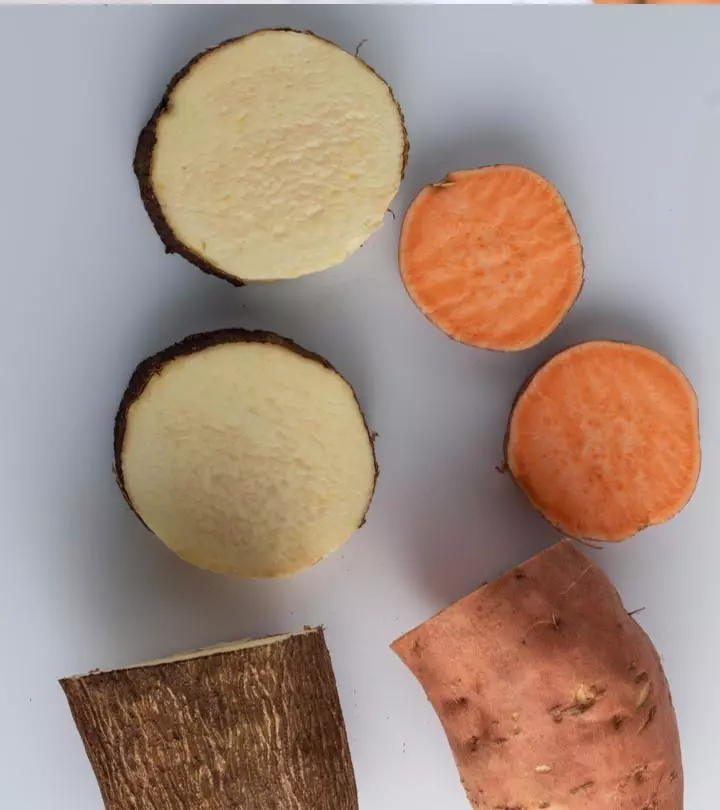

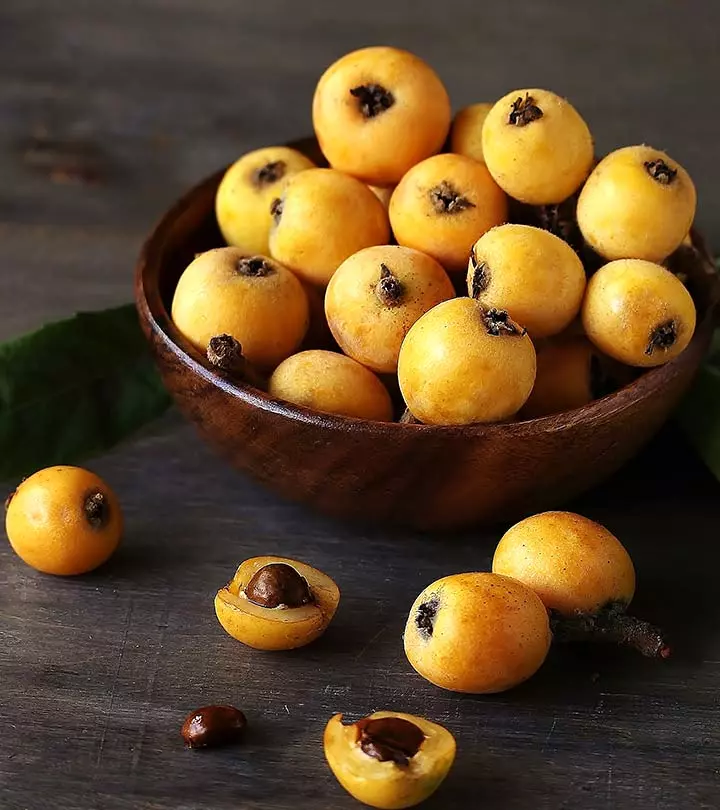
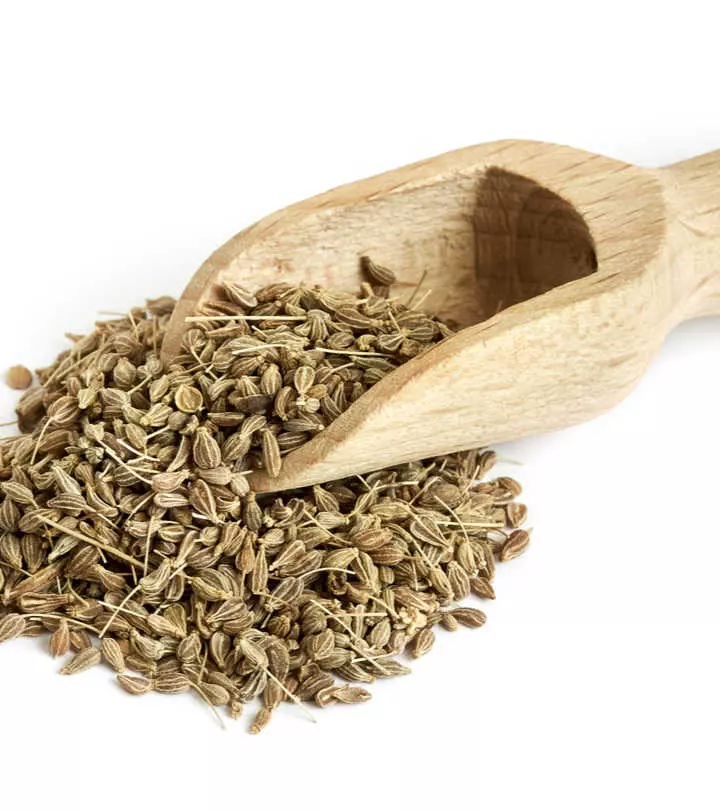
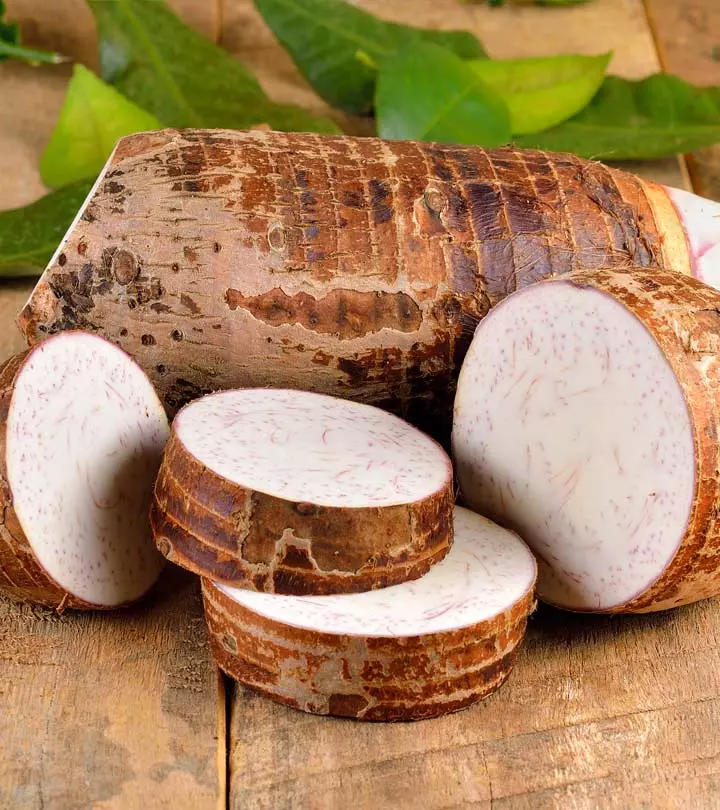
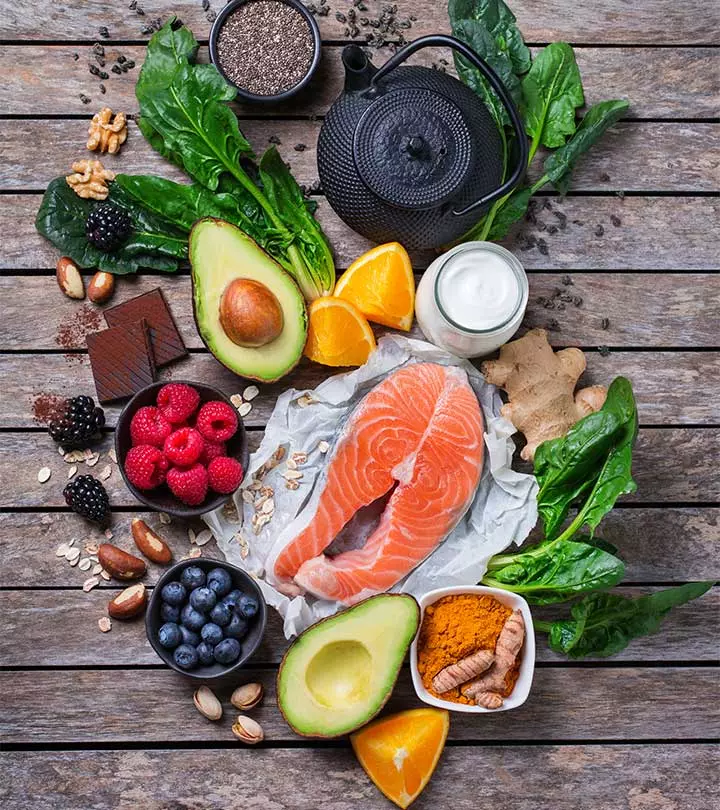


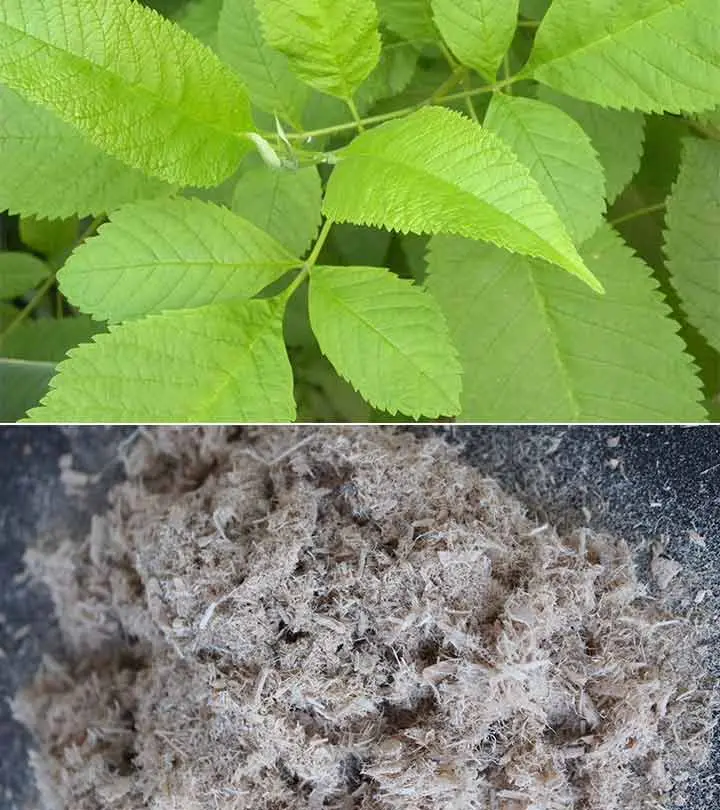

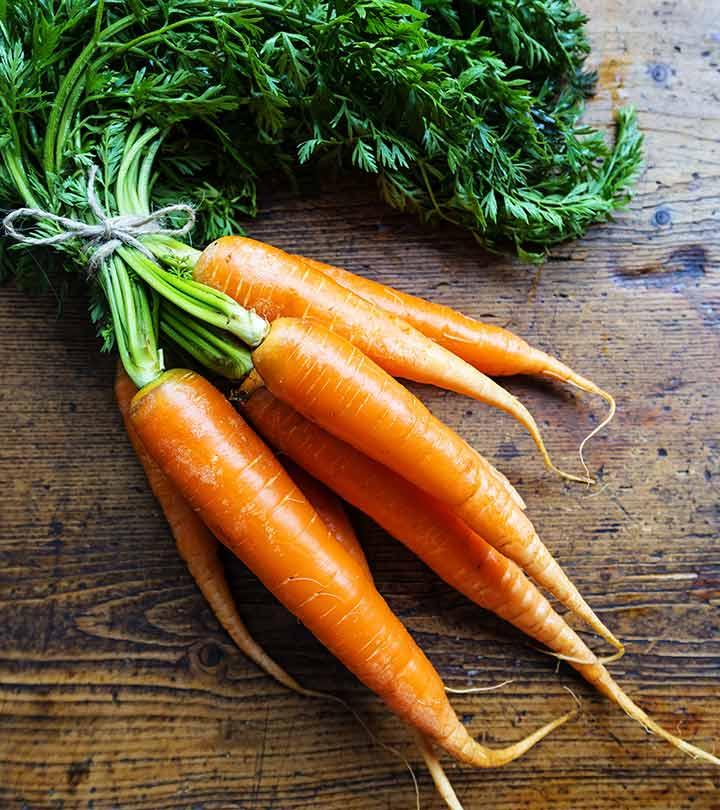
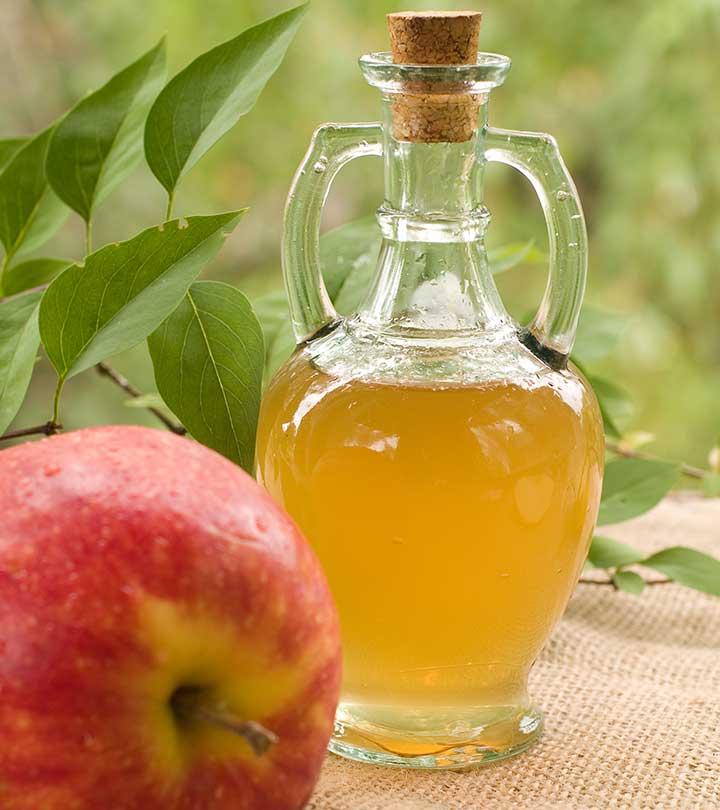
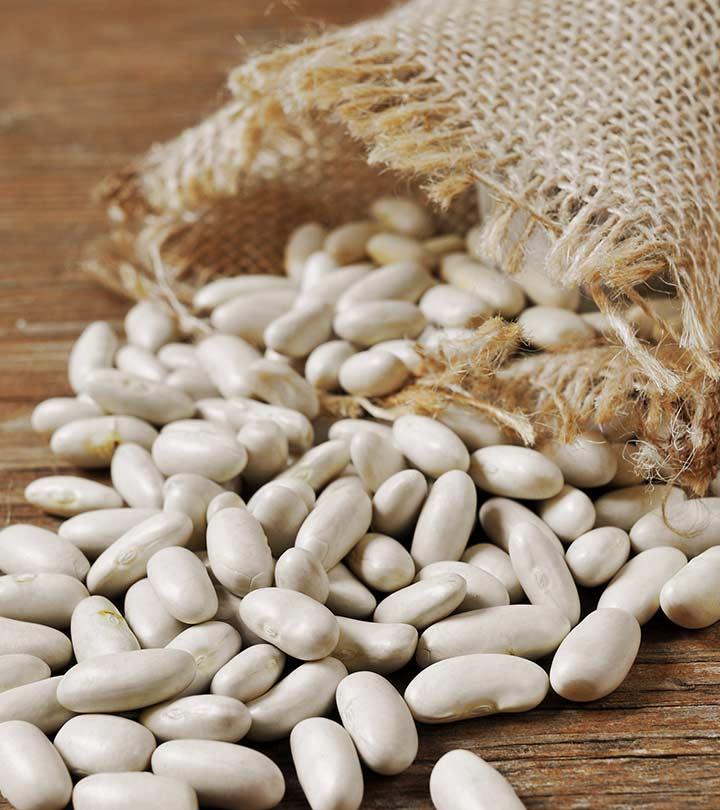
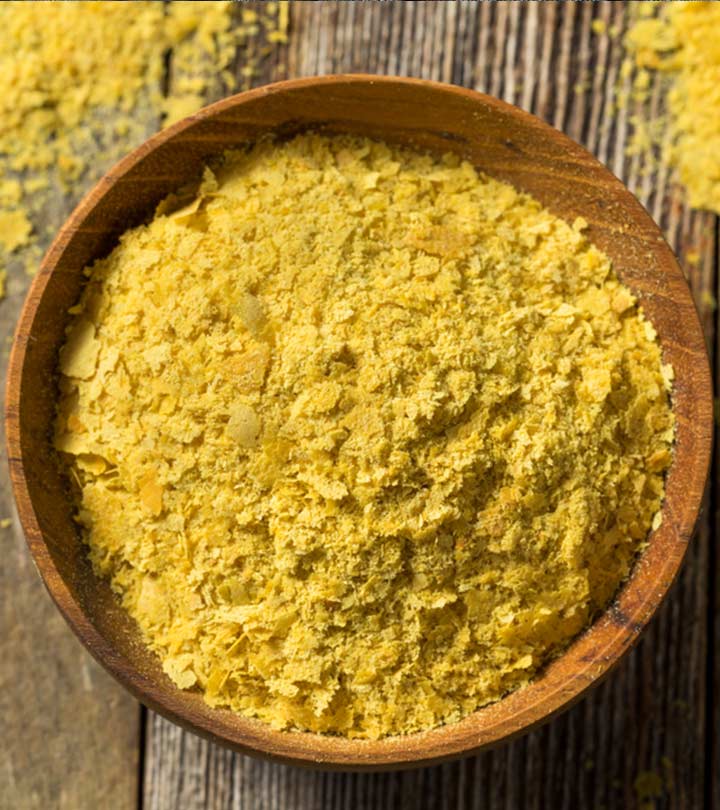
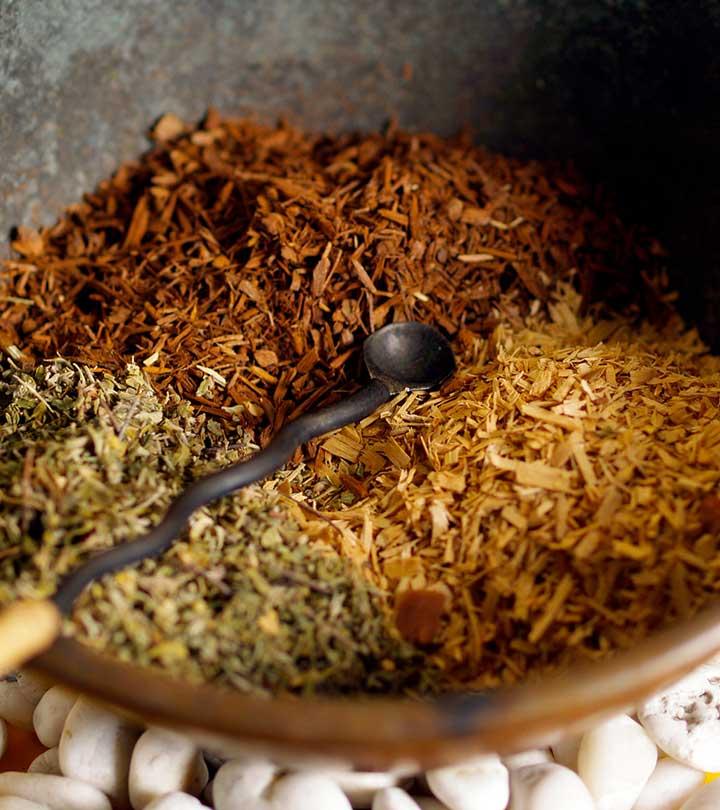
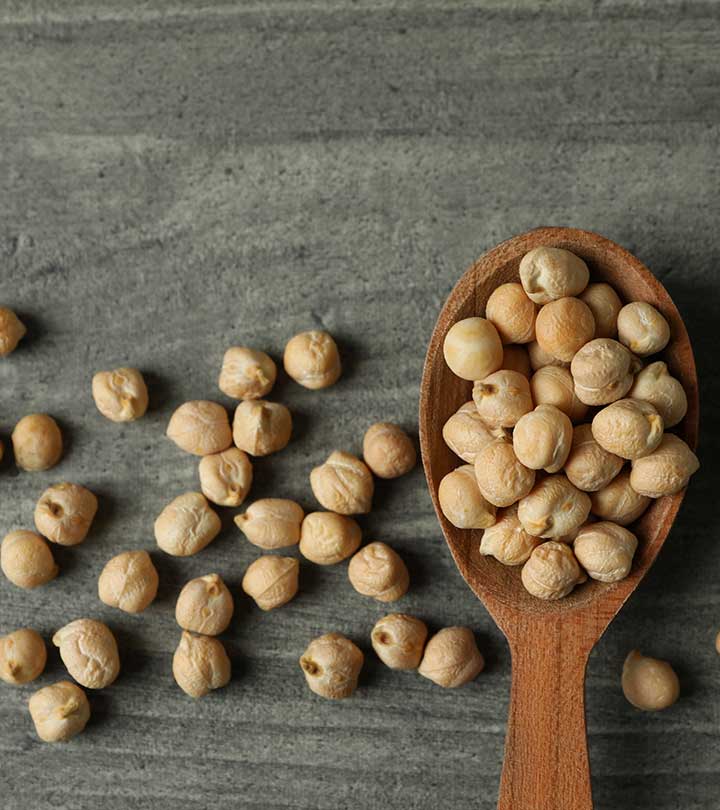
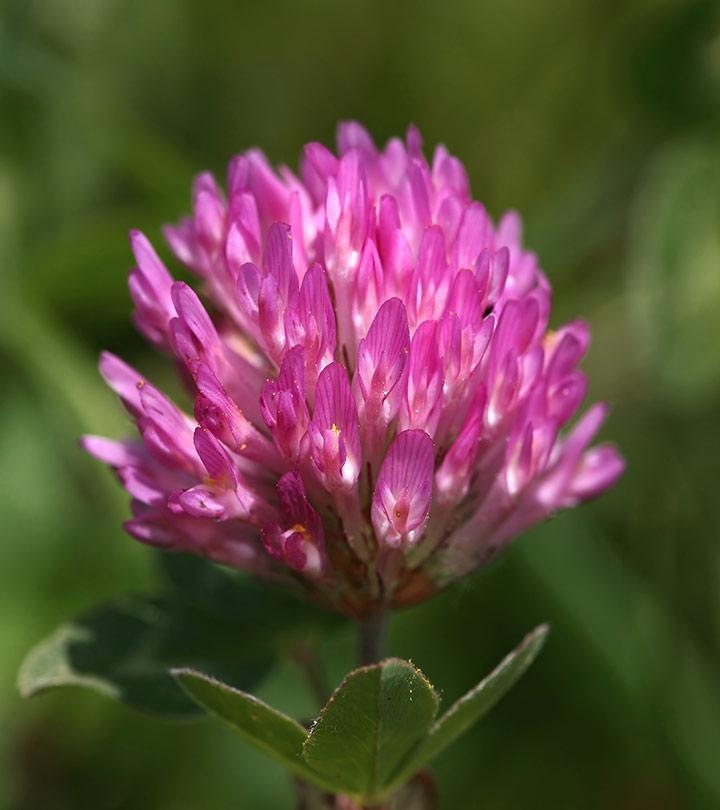


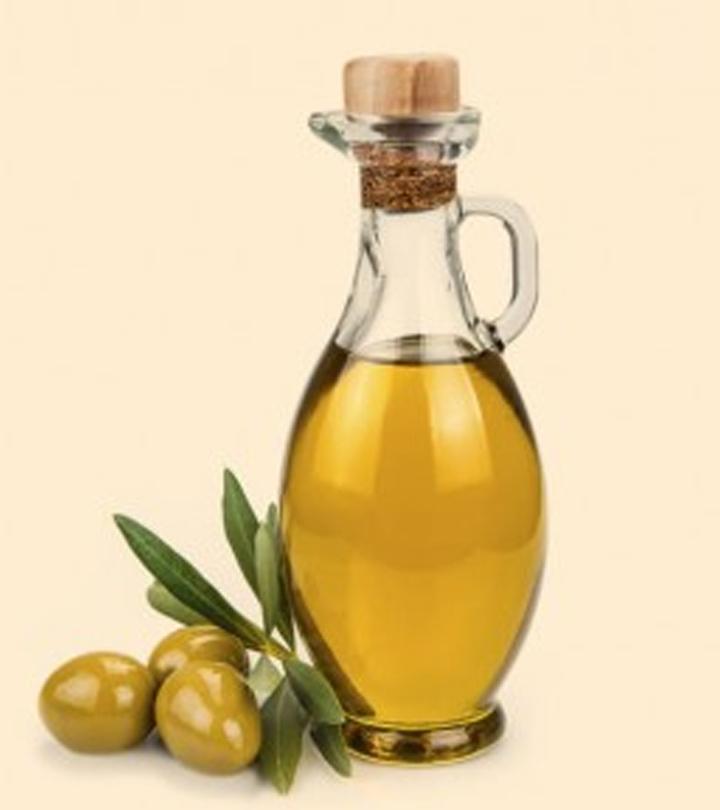

Community Experiences
Join the conversation and become a part of our empowering community! Share your stories, experiences, and insights to connect with other beauty, lifestyle, and health enthusiasts.